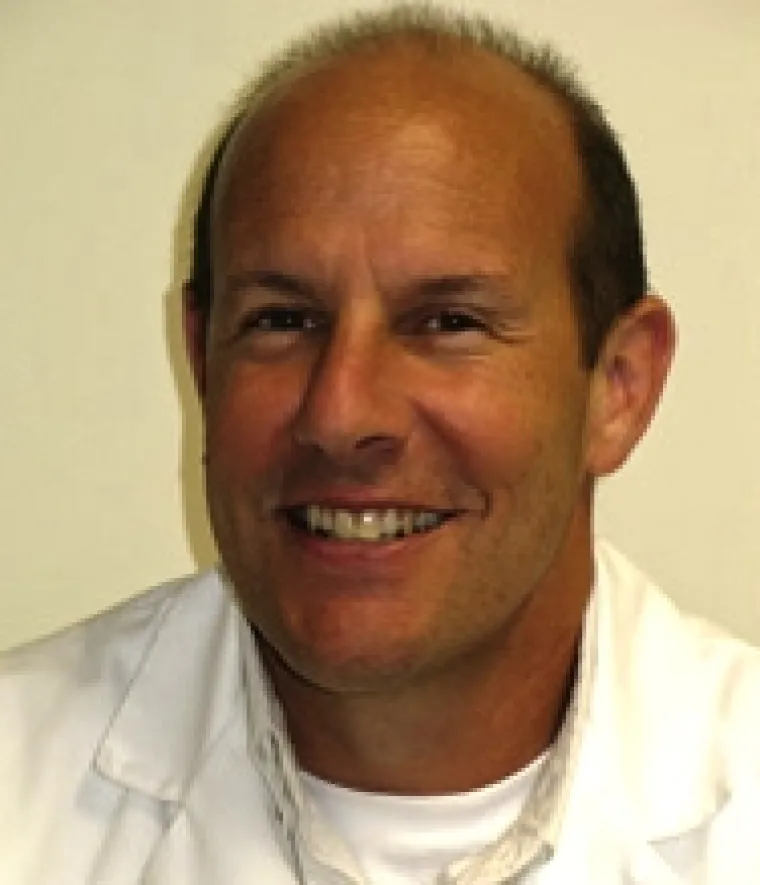Scott A. Boitano, PhD

The Boitano Lab focuses on the upper airway epithelium, an active cellular layer with ciliary movement to clear materials, the ability to secrete inflammatory effectors, and a biological barrier function that helps protect against pathogenic microorganisms, foreign insults and injury. Compromise of the upper airway epithelium and exposure of the underlying tissue has been associated with asthma, bronchitis and chronic obstructive pulmonary distress syndrome, as well as the increased susceptibility to pathogenic microorganisms, which can further exasperate airway diseases.
The lab pays special attention to species of Bordetella bacteria, which can overcome these defenses to infect humans and other animals. A primary tissue culture system serves as an in vitro model of airway cell signaling and communication, and is used to define specific pathogen factors that alter host cell physiology to initiate or overcome host cell defense. This focus includes the response of individual cells as well as multicellular defense through intercellular signaling.
Dr. Boitano is president elect of the Arizona Chapter of the American Physiological Society, serves as principal investigator of the Academic Research Laboratory, and is a member of the Dean’s Council on Faculty Affairs.
Degrees
- PhD: Genetics and Cell Biology, Washington State University, Pullman, 1991
- BSc: Plant Pathology, University of California, Berkeley, 1983
respiratory cell physiology, respiratory cell-cell communication, respiratory cell-pathogen interactions

